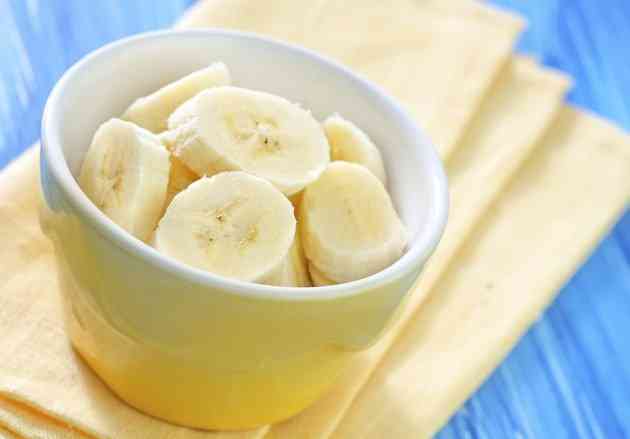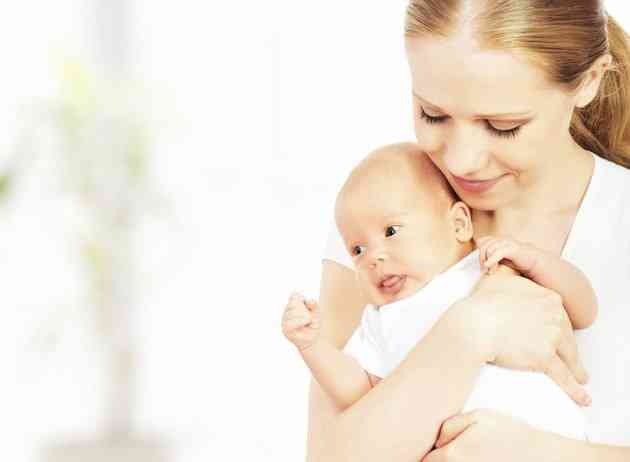Your Diet After Norovirus

Gastroenteritis is characterized by diarrhea, loss of appetite, nausea, vomiting and stomach cramps due to inflammation of your stomach lining and intestines. The Centers for Disease Control and Prevention states norovirus is the most prevalent cause of acute gastroenteritis in the United States, infecting 19 to 21 million people a year. Norovirus can lead to dehydration and electrolyte imbalance, especially in children, the elderly and those with compromised immune systems. A balanced diet with plenty of fluids will help you regain your strength and restore your electrolytes.
 Bowl of sliced bananas (Image: tycoon751/iStock/Getty Images)
Bowl of sliced bananas (Image: tycoon751/iStock/Getty Images)Symptoms and Duration
Norovirus is highly contagious and spread through contact with an infected person or eating foods contaminated with the virus. Aside from stomach problems, you may experience fever, headache and body aches. Symptoms typically last from one to three days. There is no treatment except to rest and drink plenty of fluids to avoid dehydration. Symptoms of dehydration include dry mouth, dizziness and infrequent urination. Once you can tolerate food, ease into eating and eat small, frequent meals throughout the day to help shorten the duration of your diarrhea.
Get Plenty of Liquids
The symptoms of norovirus cause you to lose a lot of fluids and electrolytes. Electrolytes are minerals in your body required to maintain your blood chemistry, muscle action and other functions. Once you're able to keep liquids down, start to rehydrate immediately. Continue to breast-feed or formula-feed your baby. Give toddlers and children drinks with the right mix of salts and sugars to prevent dehydration and replace electrolytes. Your pediatrician or doctor may recommend rehydration solutions, such as Pedialyte, Naturalyte, Infalyte and Ceralyte. Merck Manuals advises avoiding carbonated beverages, teas, sports drinks, caffeinated beverages and fruit juice.
BRAT Diet
The National Digestive Diseases Information Clearinghouse recommends easing back into eating after norovirus by consuming bland, easily digestible foods. You can follow the BRAT diet, which stands for bananas, rice, applesauce and toast. These low-fiber foods make your stool firmer, aiding in your recovery from diarrhea. You can also add crackers, boiled potatoes and clear soups. Beth Israel Deaconess Medical Center advises eating foods to normalize your electrolytes and maintain adequate nutrition. Choose lean meats such as boiled chicken, whole grains such as barley and brown rice, and vegetables.
Foods to Avoid
Merck Manuals states it's not necessary to limit your diet to bland foods, such as gelatin, cereal and toast. After enduring norovirus, eat your typical diet, but skip foods with little nutritional value or foods that might further upset your stomach. Avoid caffeine, fatty foods, spicy foods and sugary foods. You may be unable to tolerate milk for a few days after having diarrhea. If that's the case, steer clear of it and other dairy products, such as cheese and yogurt.




